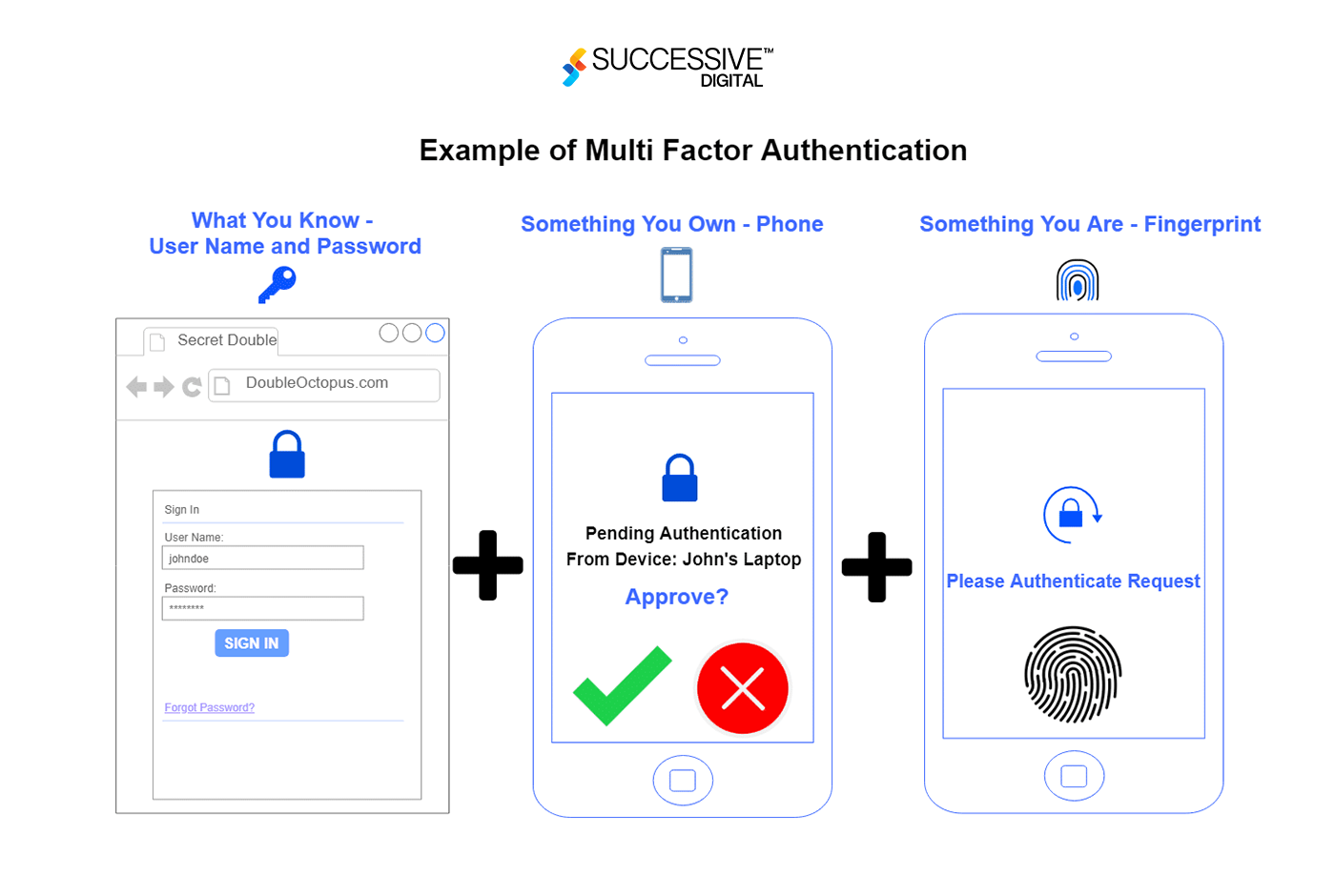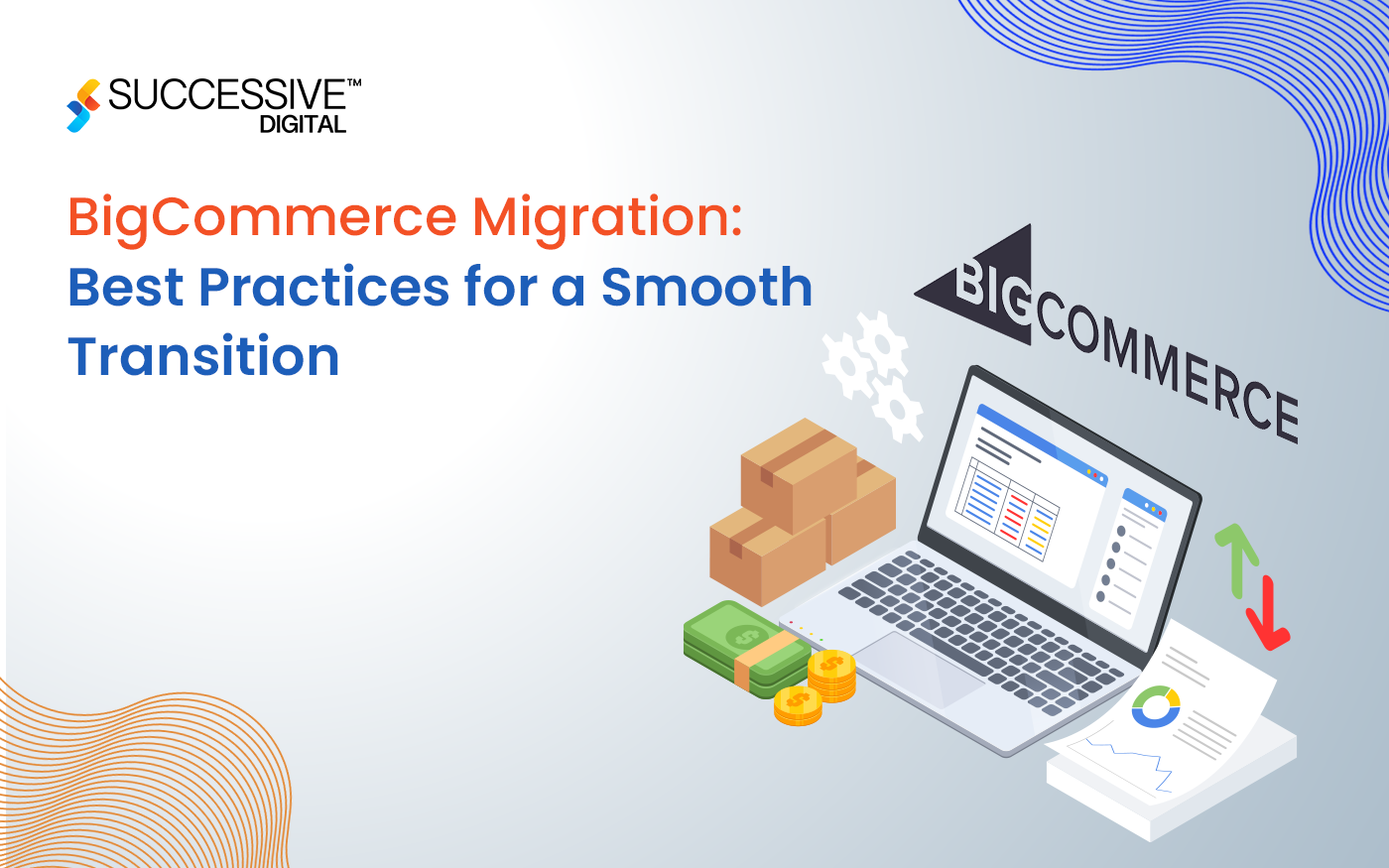In the digital transformation era, ecommerce has undergone a significant shift due to the rise in online shopping, with digital platforms becoming the spine of worldwide trade. However, alongside the benefits and accessibility these platforms extend, so does the concern of cybersecurity. The exponential growth of online transactions has made ecommerce apps high targets for cybercriminals to exploit vulnerabilities and benefit from unauthorized entry to sensitive data. Data protection for e-commerce apps has become a concern more and more than ever.
The stakes are excessive; e-commerce platforms house valuable data, including private personal details, payment credentials, and transaction histories. A breach jeopardizes users’ beliefs and exposes organizations to regulatory fines, prison repercussions, and irreparable reputational damage. Therefore, the imperative for companies to prioritize data protection and implement robust security features must be balanced.
This blog delves into the complexities of securing ecommerce apps, shining a spotlight on advanced solutions that go beyond traditional encryption strategies. From multi-factor authentication to AI-powered fraud detection and blockchain technology, discover how these modern-day strategies, championed by enterprise leaders, can fortify their structures against cyber threats. Real-world examples and case studies illuminate the effectiveness of these solutions in safeguarding sensitive information and ensuring the integrity of ecommerce transactions.
Advanced-Data Protection Solutions for Ecommerce Apps
-
Multi-factor Authentication (MFA)
MFA is an advanced security measure for e-commerce and a cornerstone in modern cybersecurity. It provides an additional layer of safety beyond traditional password-based authentication by requiring users to verify their identification via multiple methods, along with passwords, biometrics, or OTPs. MFA considerably mitigates the risk of unauthorized access, even in the event of compromised login credentials.
This strong authentication technique enhances safety and fosters self-belief amongst users, assuring them of the security of their funds and online transactions. Major online shopping platforms like Amazon and eBay have adopted MFA, setting a standard for widespread adoption across such ecommerce platforms and highlighting its critical role in strengthening digital environments towards cyber threats.

-
Tokenization
Tokenization is a cutting-edge data protection approach that replaces sensitive data like credit card numbers with unique tokens. Even though intercepted, these tokens are meaningless to attackers as they lack any correlation to the actual information. This approach ensures that sensitive information stays secure at all stages of transactions, notably decreasing the risk of misuse.
Widely employed by prominent payment processors, including Stripe and PayPal, tokenization enhances protection and streamlines compliance with data protection regulations like PCI DSS. Its implementation underscores a commitment to safeguarding customer data and fostering trust within the ecommerce ecosystem.
-
AI-Powered Fraud Detection
AI-driven fraud detection transforms data security in e-commerce applications by harnessing sophisticated algorithms to analyze vast volumes of transaction data in real-time. These advanced systems discover patterns suggestive of fraudulent behaviors, facilitating prompt identity and remediation of potential threats. By continuously analyzing new information and adapting to evolving fraud strategies, AI-powered solutions enhance detection accuracy while minimizing fake positives, optimizing fraud prevention efforts.
Ecommerce platforms like Shopify depend on this technology to protect customers from monetary losses and ensure a continuing purchasing experience. Through proactive risk management, AI-powered fraud detection, the brand strengthens its user acceptance with integrity in online transactions.
-
Blockchain Technology
Blockchain technology is one of the key e-commerce app privacy strategies. It imparts a decentralized, immutable ledger that securely records data transactions across a network of computers. Each transaction or block is cryptographically related to the preceding one, forming a sequence that cannot be altered or tampered with. This transparent system enhances protection by eliminating the need for intermediaries and ensuring the integrity and traceability of data.
Ecommerce applications of blockchain, such as VeChain, authenticate product origins, track supply chain, and mitigate the risk of counterfeit goods. By enhancing transparency and trust, blockchain technology reshapes the landscape of digital commerce, fostering innovation and resilience in data safety.
Navigating Cyber Challenges: Examples of eCommerce Security
Shopify: Empowering Merchants with AI
Shopify, a trailblazer in e-commerce, empowers merchants with modern AI technology, revolutionizing fraud detection and prevention. Through sophisticated machine learning (ML) algorithms, Shopify’s AI system analyses vast volumes of transactional data in real-time, rapidly figuring out patterns indicative of fraudulent activities.
Shopify continuously refines its AI models, adapting to evolving fraud strategies and ensuring overall performance. By leveraging AI to strengthen security features, Shopify complements the service provider of self-assurance and fosters trust amongst its users.
PayPal: Setting the Benchmark for Payment Security
PayPal stands as a beacon of excellence in data safety, putting industry benchmarks through its robust encryption protocols and revolutionary tokenization strategies. By replacing sensitive payment data with tokens, PayPal ensures end-to-end safety of customer information, thwarting ability breaches and unauthorized access to the data access.
Furthermore, PayPal’s commitment to compliance with stringent guidelines like PCI DSS underscores its commitment to the highest standards of safety and data trust. Through continuous advancements in technology and vigilant tracking, PayPal remains at the forefront of payment security, safeguarding transactions and instilling self-assurance among millions of customers globally.
Conclusion
Safeguarding present-day applications needs a proactive approach strengthened by modern ecommerce app privacy strategies like multi-factor authentication, tokenization, AI-powered fraud detection, and blockchain technology. Real-world examples from leading companies like Shopify and PayPal illustrate the effectiveness of these measures in fortifying platforms against cyber threats while maintaining trust with them.
By embracing progressive protection techniques and staying abreast of rising trends, ecommerce businesses can confidently navigate the evolving threat ecosystem, ensure user data integrity, and foster sustainable growth in an increasingly competitive environment.












